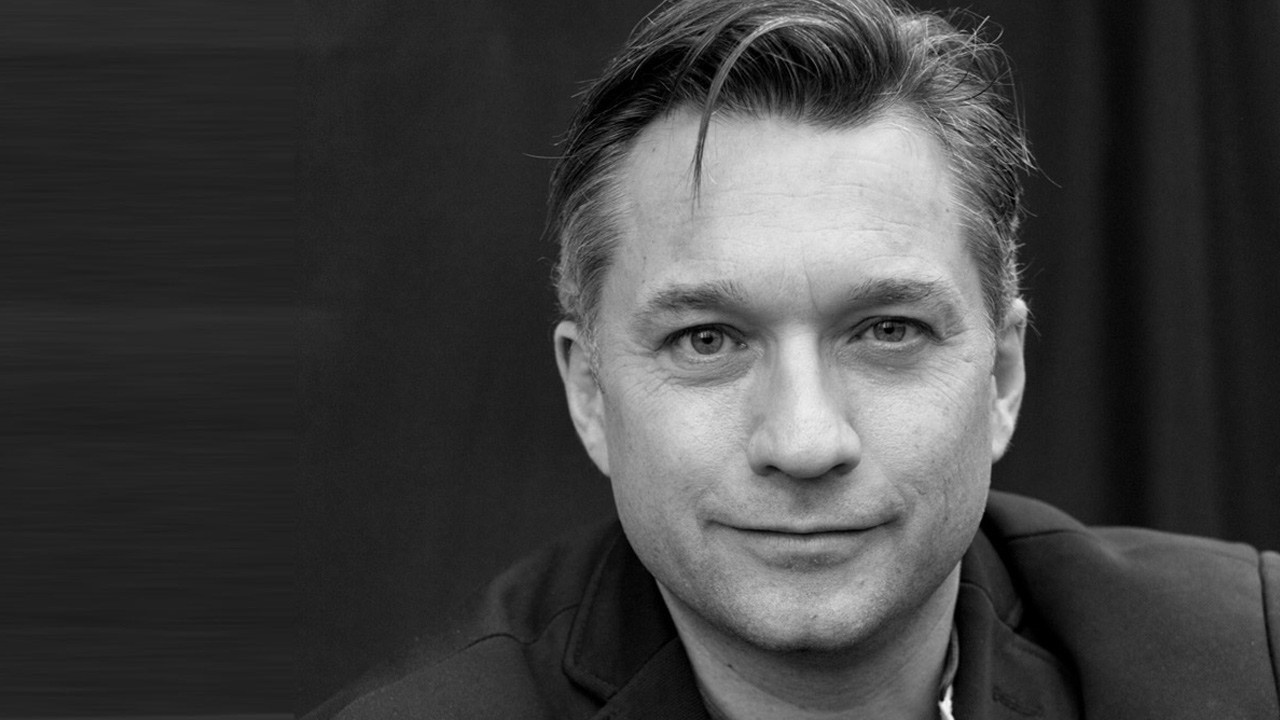
00
DAYS
00
HOURS
00
MINS
00
SECS
Part 2 - Active Learning and Learning Strategies.
In Part II of our Future of Jobs Dialogic Panel series, we look at the second highest skill highlighted by the World Economic Forum as being essential for future-readiness - Active Learning and Learning Strategies.
Learning Strategies
The WEF describes "Learning strategies" as "Capacities for teaching others how to do something, including selecting and using training/instructional methods and procedures appropriate for the situation when learning or teaching new things."
This interpretation emphasises 'teaching others how to do things', which assumes that someone doing the teaching knows how to do the thing being taught. This is NOT the case with innovation, emergent learning, team learning, etc. - all of which are increasingly important in an increasingly uncertain and unpredictable world.
Learning strategies within the WEF report are akin to models of situational leadership, in which people are promoted to positions of authority simply because of their technical expertise, directing, supporting, coaching and delegating according to the relative technical skills of their subordinates. While this was an effective model in the industrial age, it is unsuited to the complex cross-functional teamwork of the digital age, and will hinder the possibility of organisations developing future-fit cultures of innovation, agility and adaptiveness.
We will explore how contemporary learning strategies require more interaction, experimentation, collaboration and iteration than traditional models, and how organisations might implement such strategies today.
Active Learning
In further exploring this provocation, we will look at the WEF’s second highlighted concept - active learning - and suggest it is only a partial solution to the need for effective organisational learning. Research has clearly indicated that effective, real-world learning is only possible if it includes both active and passive learning components.
- Active learning, in which learners explore well-formed concepts and tasks, improves problem solving capabilities, attention and memory.
- If passive learning is absent or badly implemented, and learners are unable to understand the concepts and tasks, then subsequent self-directed learning and discussions will be poor.
- Passive-first-active-second learning produces higher levels of accuracy in learning, and results in less time spent on training and a more efficient exploration of a subject.
We will discuss the efficacy of spending ¼ of the time on passive learning - listening to people explain and explore their topic of expertise- and ¾ on active learning - dialogic activity in which people discuss the topic in small, deeply engaging groups.
We will explore how interleaving, contextual cues, deliberate distractions and interruptions, and percolation can enhance the learning experience.
NB: As always, this is an interactive and live discussion between all registrants rather than a traditional presentation. Use your audio-video in the breakout sessions.
The Future of Jobs - Part 2: Active Learning and Learning Strategies'
REGISTER: Thursday, November 4, 18:00-19:30 Hong Kong Time

Dr. Richard Claydon
Panelist - Dr. Richard Claydon is the Chief Cognitive Officer of EQ Lab, an extended intelligence laboratory and cognitive gym accelerating people’s abilities in the behavioural dimensions of future-ready work at scale, and the designer of the Dialogic Innovation and Learning System.
He designed and teaches the leadership module for Macquarie Business School’s future-focused Global MBA (ranked #6 worldwide by CEO Magazine), a pioneering digital MBA program combining micro-learning, podcasting, videos, blogs, live discussions and traditional academic texts in the learning journey.

Geoff Marlow
Panelist - Geoff Marlow is an EQ Lab Global Faculty member with 35 years experience helping organisations throughout Europe, Asia and the US to create future-fit cultures, where sense making, decision making and action taking are ever more tightly coupled, rapidly and repeatedly iterated, deeply embedded, and widely distributed throughout the organisation.
He was centrally involved in the organisation learning movement, and has served on the Global Leadership Team of Peter Senge’s Society for Organisational Learning.

Dr. Gemma Jiang
Moderator - Dr. Gemma Jiang is the founder and Director of Organizational Innovation at the Swanson School of Engineering at the University of Pittsburgh.
She bridges the "knowing-doing gap” between complexity leadership research and organizational practices via creating enabling conditions for emergence and innovation in transdisciplinary learning and dialogue.

Host & Organiser
EQ Lab is a new platform to develop future leadership and talent at speed and at scale. Our collaborative format is more engaging than conventional online learning and cultivates behavioural change that really matters.

Sponsor
Association of Family Offices in Asia (AFO) is a professional society in Asia distinctively gathers single family offices, multi family offices, co-investors, solution providers and industry associations in the region.

